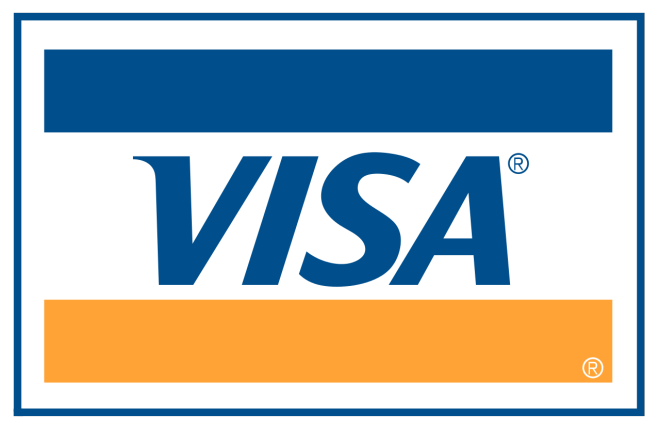Chargebacks and Retrievals
Chargebacks and retrievals are both related to customer disputes of a credit card transaction. A retrieval takes places when a customer’s issuing bank formally requests specific information from you, the merchant or us, the acquiring bank. Retrievals are $5 each. They’re relatively rare, but often times a retrieval will come in the form of an invoice request, or a copy of a signed receipt. When requested, it’s important to act quickly and provide the requested documentation. That way, the issuing bank can verify the validity of the sale, and you can potentially avoid a chargeback. What’s a chargeback, you ask?
A chargeback occurs when your customer formally contests a sale with their issuing bank. A chargeback is bad news! As a merchant, you want to avoid these as they carry a few negative consequences:
- They’re $25 each. Chargebacks follow strict Visa/MC/Amex guidelines, and require arbitration between acquiring bank (Dharma) and your customer’s issuing bank. This carries internal cost, and as such, chargebacks carry a $25/instance fee.
- Chargebacks are monitored by Visa/MC/Amex, and can impact your ability to accept credit cards in the future. Processing banks and credit card associations see high chargeback rates as proof of a business’ inability to properly work with customers, and are seen as high-risk.
- You can ship merchandise or deliver a service, and still lose the value of the sale. A chargeback can be won by your customer in many different circumstances. In particular, chargebacks in a card-not-present environment tend to favor the customer very often.
How can you prevent chargebacks? There are a few important things to do:
- Respond to customer complaints. By resolving a dispute before the customer calls their bank, you can save yourself a lot of effort.
- Offer a refund if you feel the customer may win a dispute. It’s cheaper to offer a refund than to lose a chargeback. You may also be able to offer a “half off” or some other discount to your customer to further ease the sting of the loss. Half is better than none!
- If you’re processing in a card-present environment, always capture a signed receipt with a full description of goods sold or services rendered. These will prove valuable in the chargeback arbitration and will likely tip the scales in your favor.
- If you’re processing in a card-not-present environment, always check for fraud! Many chargebacks are caused by fraud. Set your AVS and CVV filters, as well as your Daily Velocity filter and your Transaction Limit filters. These can save you a lot of headache down the line. Click here to learn how to adjust these filters in Authorize.net.

Visa Chargeback Guide
Click Here to view the full Visa Chargeback documentation

Mastercard Chargeback Guide
Click Here to view the full Mastercard Chargeback documentation

AMEX Chargeback Guide
Click Here to view the full American Express Chargeback documentation